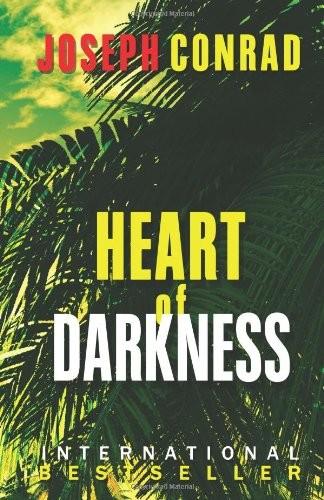I recently re-read The Heart of Darkness, by Joseph Conrad (the last time was in high school, for English class). I was pleasantly surprised by how short it was (~90 pages) and delighted by the prose: so much of the “modern” texts I read are either soulless corporate speak, that say very little, particularly about the things that actually matter, or flowery advertising speak, that serves more to misdirect and hide, or bland and flat, by writers who are exposed to very little soulful writing (or is this a description of my fears of own writing??). It’s hard to tease apart how much is a result of being written in over a century ago in 1899, how much is the writer displaying his craft, and how much of the structure is borrowed from Conrad’s native Polish.
One example that I particularly liked is the description of sailors, which is full of emotion and revels in the contradictions it exposes:
[M]ost seamen lead, if one may so express it, a sedentary life. Their minds are of the stay-at-home order, and their home is always with them — the ship; and so is their country — the sea. One ship is very much like another, and the sea is always the same. In the immutability of their surroundings, the foreign shores, the foreign faces, the changing immensity of life, glide past, veiled not by a sense of mystery but by a slightly disdainful ignorance; for there is nothing mysterious to a seaman unless it be the sea itself, which is the mistress of his existence and as inscrutable as destiny. For the rest, after his hours of work, a casual stroll or a casual spree on shore suffices to unfold for him the secret of a whole continent, and generally he finds the secret not worth knowing.
Here is a group of people that, to those of us who remain on land, we assumed to live the exact opposite of a “sedentary life[style]”, who would seem to be drawn to the sea for the wonder of far away places, and yet when they are confronted with them, turn back to their own “small village” of their ship.
And the contradictions run even deeper: this is offered in direct contrast to our narrator, Marlow, who has the wanderlust to drag him first to the mainland Europe (from London) and then into the barely explored depths of Africa, out of a desire to know the unseen, unexplored parts of the map.
I hope to find more beautifully written stories like this soon!

Comments
There are no comments yet. Will you add the first one?